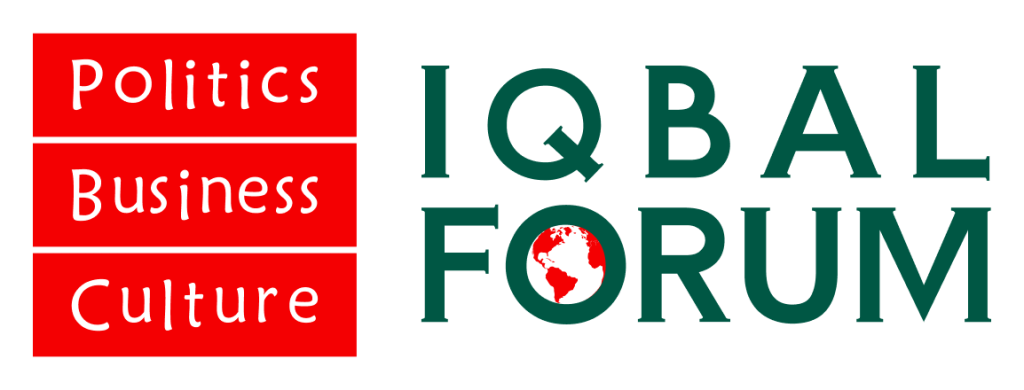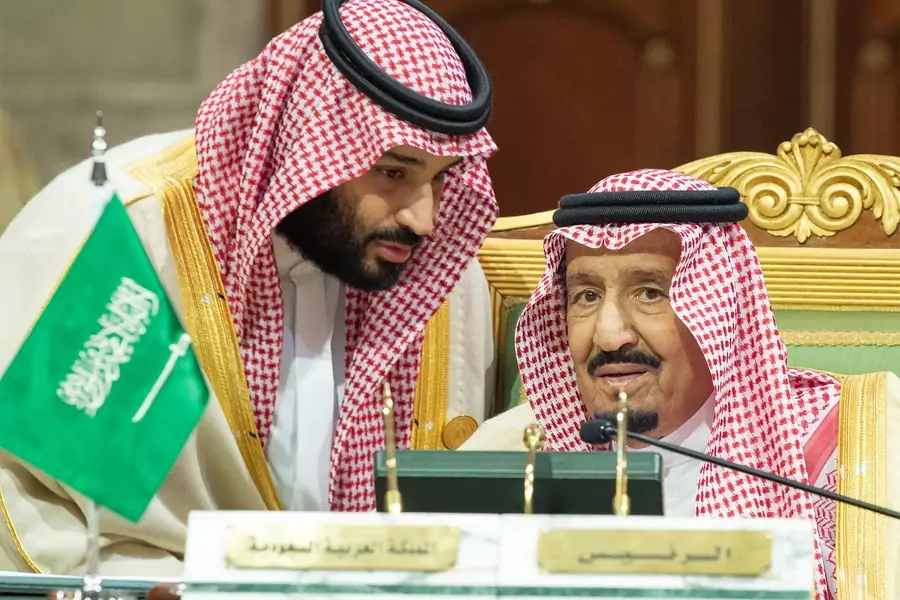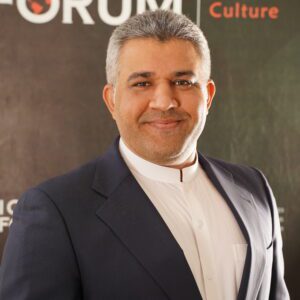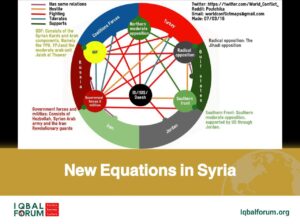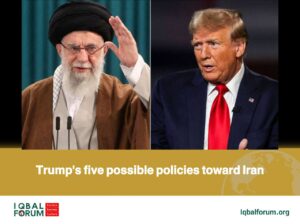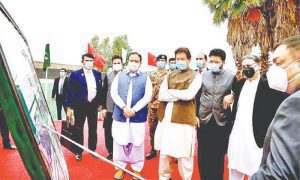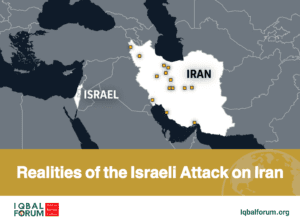Strengthening diplomatic ties with Saudi Arabia in a changing world
On the occasion of German Unity Day, I find myself reflecting on the significance of this day, particularly in the context of our diplomatic relations with the Kingdom of Saudi Arabia. It is the first national holiday I celebrate during my time in Saudi Arabia, and it is a privilege to celebrate it at a time when our two nations are growing closer together, in a world where the need for security and stability is increasing.
On our national day, Oct. 3, we celebrate German reunification. After the end of the Second World War, a war — and this is something we will never forget — started by Nazi Germany and accompanied by unprecedented atrocities, war crimes and crimes against humanity, our country was divided into East and West, separated by the infamous “wall,” a guarded concrete barrier.
During the decades that followed, the wall stood as a symbol of the Cold War, a global rivalry between the “West,” led by the US and the “East,” led by the Soviet Union, dominated by its biggest member, Russia. In November 1989, the wall fell and on Oct. 3, 1990, Germany was officially reunified. The date stands for one of the happiest days in our nation’s history.
Like the symbol of the Cold War, the Cold War itself came to an end, and with it, or so it seemed at that time, the threat of another war on the European continent with global repercussions. The developments were a historical milestone, met with joy and relief in all corners of the world.
Today, war has returned to the European continent through the Russian war of aggression against Ukraine. The invasion shook Germany and its European friends to the core. It seemed like a bad dream from the times of the Cold War had become reality in the 21st century — a century of an increasingly globalized, multipolar world. The Russian war of aggression has an effect on the whole world’s stability and security, be it through increased gas prices or a shortage of grain.
Stability and security are central to our foreign policy. This is why Germany published its first national security strategy this year. The strategy recognizes the changing global landscape caused by the Russian war of aggression, the rise of multipolarity and a growing systemic rivalry in international relations. Within this framework, the concept of our security encompasses multiple dimensions.
For Germany, security means a close partnership with friends who, together with us, advocate for an international order based on the UN Charter. In this regard, Saudi Arabia stands as a key partner.
Michael Kindsgrab
First of all, we will always defend our borders and those of our allies against external threats, and we will invest whatever it takes to deter and, if necessary, fight any potential aggressor. But security also involves the diversification of our energy sources to ensure resilience. Security means addressing the threat posed by the climate crisis through the reduction of greenhouse gas emission and at the same time counteracting the current effects with adaptation strategies.
For Germany, security means a close partnership with friends who, together with us, advocate for an international order based on the UN Charter. In this regard, Saudi Arabia stands as a key partner.
Our partnership with Saudi Arabia has flourished, as demonstrated by the numerous high-level visits between our countries last year. Both Chancellor Olaf Scholz and Foreign Minister Annalena Baerbock have been to Saudi Arabia since September 2022, and numerous high-level meetings in between have reaffirmed our commitment to strengthening relations.
Esteemed Saudi ministers, including Khalid Al-Falih, Ahmed Al-Khateeb, Prince Abdulaziz bin Salman, Prince Badr bin Abdullah bin Farhan and Bandar Al-Khorayef, have reciprocated this commitment through visits to Germany, highlighting their keen interest in enhancing collaboration.
Germany’s commitment to global security and stability persists through our role in international crisis management. Saudi Arabia has played a pivotal role in the efforts to solve the crisis in Sudan and provided a safe haven for German citizens and citizens from around the world. We are sincerely grateful for this support.
The climate crisis does not end at our countries’ borders. Saudi Arabia and Germany have a shared interest in security and stability in the field of energy, in particular in hydrogen technology. As we anticipate a substantial demand for clean hydrogen imports by 2030, Saudi Arabia plays an important role in this endeavor, with German companies actively engaged in various energy projects within the Kingdom.
By celebrating our National Day, we celebrate German unity, a historical event that would not have been possible without the support of our Western allies and also the former Soviet Union. Today, we celebrate our National Day in a world that is undergoing fundamental change. In a world where, in order to overcome global challenges, every country needs allies and key partners who share the goal of a peaceful, secure and prosperous world.
I look forward to working with our Saudi friends and partners on a positive agenda under which our relationship will achieve its potential to contribute to our shared goals.
• Michael Kindsgrab is Germany’s ambassador to Saudi Arabia
